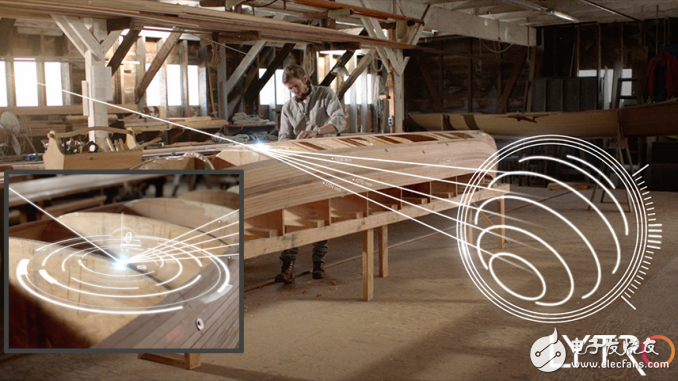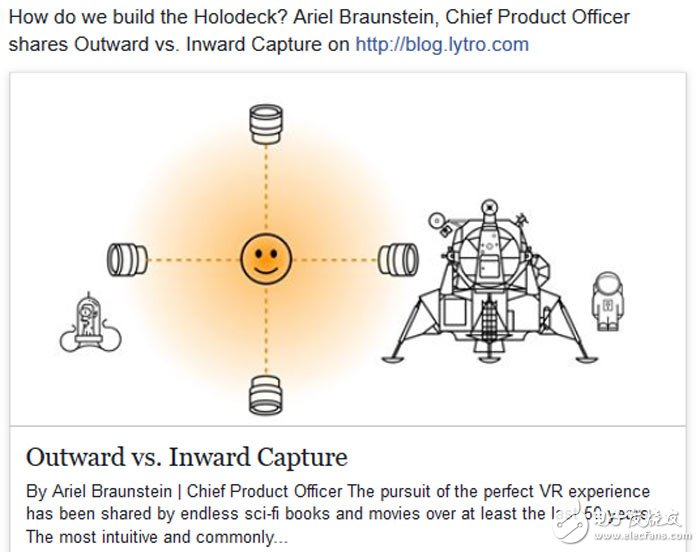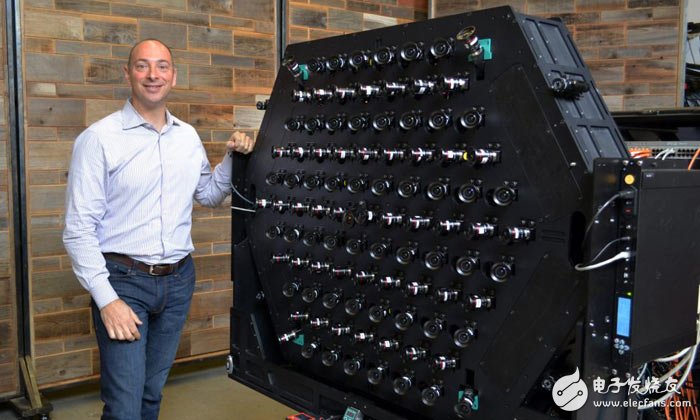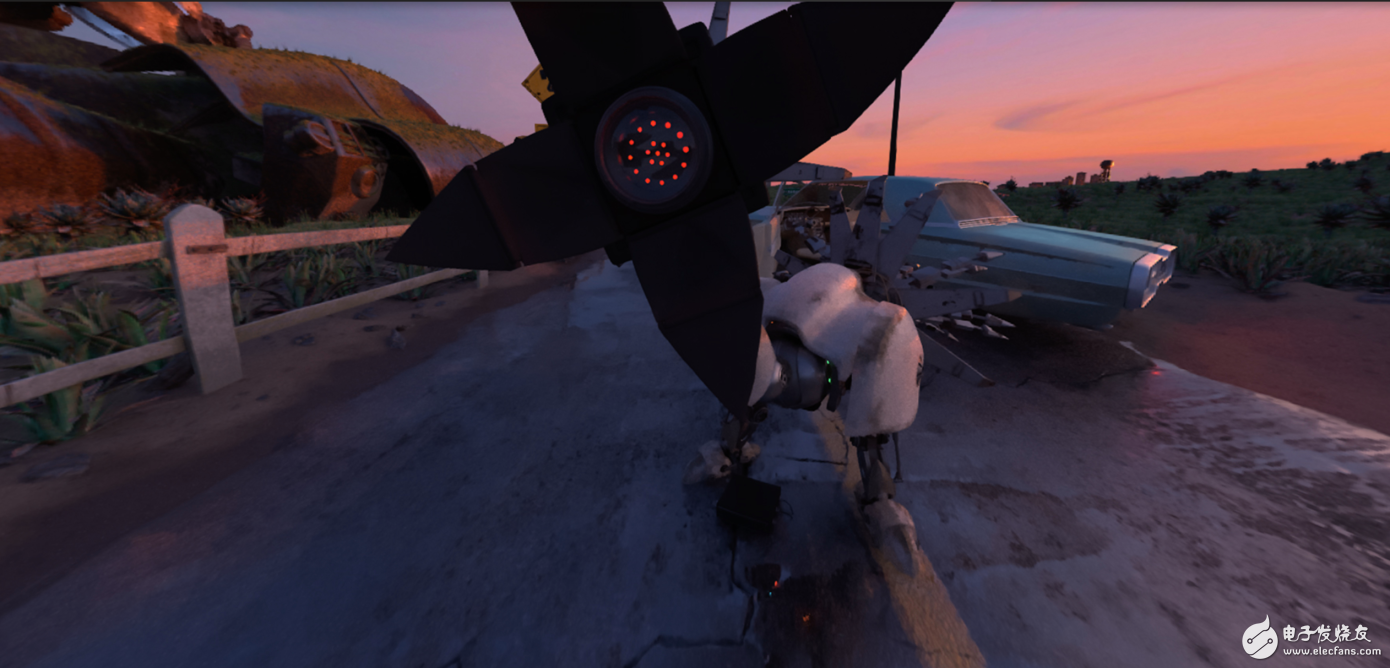Last week, Google showed off a new app that could show immersive photography in virtual reality and a multi-camera capture technology. Now it seems that Google may plan to enhance this technology with some technology developed by third parties. . Several sources tell us that Google is acquiring Lytro. Lytro is an advanced manufacturer of light field camera systems that introduces innovative "infinite focus" technology cameras for consumers and professionals, and Lytro has appeared on the HEXUS news page several times. Recently, the company applied this technology beyond the concept of still images to video, film photography and AR/VR. So there is news that this imaging technology company in Mountain View, Calif., can be acquired by Google thanks to the way its technology is applied in immersive virtual reality. One source said the deal was Lytro's "asset sale" and the transaction amount did not exceed $40 million. According to another source, the price is lower: $25 million, and it was purchased on Facebook. Another way of saying it may also be Apple. Another source told us that not all employees are using the company's technology: some employees have already received severance payments, and the company parted ways, and some people simply left. The assets are also estimated to include Lytro's 59 patents related to light field and other digital imaging technologies. For Lytro and its supporters, the deal is far from a major victory. According to PitchBook, the startup raised more than $200 million in funding and was valued at about $360 million after the final round of financing in 2017. Its long-term investors include Andreessen Horowitz, Foxconn, GSV, Greylock, NEA, Qualcomm Ventures and more. A $40 million price tag is not the kind of exit that the company envisioned when it first introduced the camera concept. In the words of Ben Horowitz, "I blow my brain out." ." The company's development track since its inception in 2006 (originally refocusing imaging) highlights some of the continuing challenges facing the startup community: hardware is still very hard; VR is not as fast as some people think; more generally Large platforms will become convincing integrators, especially when the current two issues become tense. In Lytro's example, it was translated into a fascinating but expensive camera; a weaker commercial channel turned to virtual reality technology; it seems that this is a persuasive quote that can have enough cash and time for a company Waiting for a new platform under the right market conditions, taking into account the multiple uses of technology in a variety of different situations, such as in a car or map business, or in games or other completely different areas. (Coincidentally, it seems that Lytro recently acquired its own Limitless company to expand its work in the field of gaming virtual reality.) It’s unclear what Google is going to do with Lytro. But more generally, exiting the company will give Lytro the potential to integrate and apply its technology. The company controls the development of the world's most widely used smartphone operating system. At the same time, it is also doubling the full spectrum of technologies and products, which is related to how we view digital images today and in the future. This includes a lot of work and acquisitions around computer vision technology; how to store, manipulate, and display images; and how they are captured. Lytro belongs to the third category of these categories, and the technique provides a way to capture a so-called image light field, a composite image that provides image data from various angles. This makes the 2D image basically three-dimensional, because the depth and perspective you get when you look at the image is optimized for the immersive viewing experience. It can also be used to focus on the details of an object, away from its background, and become an alternative to green screen use. All of this makes this technique particularly useful for VR, where flat images can cause motion blur because they don't move with the viewer. However, this imaging technology also has the potential to be used in a variety of other applications for a long time. All this makes this technique particularly useful for VR, because in virtual reality, flat images can cause motion sickness because they don't move like viewers. But such imaging technology also has long-term potential and can be applied elsewhere. Lytro CEO Jason Rosenthal wrote in a blog post in his last financing a year ago: "We believe we have the opportunity to become a company that defines production lines, technology and quality standards for the next generation of content." It seems that Google may turn its attention to how this ambition will work. Cable,Internet Cable,Tv Cable,The Cable Dongguan Tuojun Electronic Technology Co., Ltd , https://www.fibercablessupplier.com


